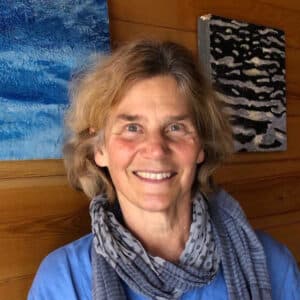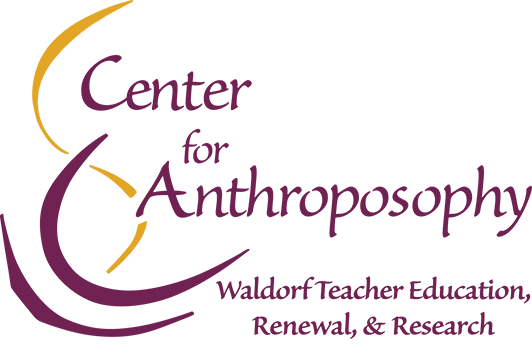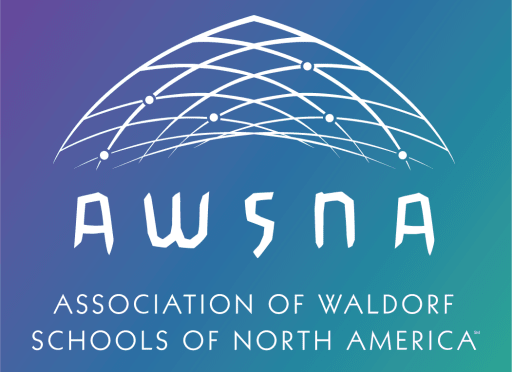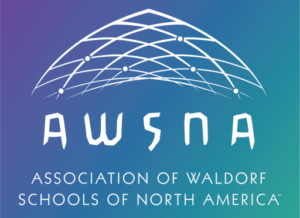Explorations Online 2024-2025
Deepen your understanding of the life of spirit through study, exercises in self-development, and the practice of the arts.
Deepen your understanding of the life of spirit through study, exercises in self-development, and the practice of the arts.
2024 Registration is now closed.
Our current cycle is well underway, and we are unable to accept new students at this time. But this popular program is offered every year. Please complete the Explorations Interest Form to indicate your interest, and to receive updates about the 2025-26 cycle, scheduled to begin in March, 2025.
Explorations Online 2025 Interest Form
Program introduction
With its convenient online format this course in anthroposophical foundational studies is open and available to all interested people from around the world. We are gratified that so many are finding it to be a meaningful and practical way to deepening of their understanding of basic anthroposophy and related arts – while also having the opportunity to consider the contemporary issues facing us in our schools and society at large.
Completion of this program fulfills entrance requirements for further Waldorf teacher education programs.
What you'll experience
Next year’s course will begin mid-March 2025 and will run through early February 2026 with a three-month summer break. Classes meet on weekends twice a month – Saturdays and Sundays 12:00 – 2:00 p.m. ET, 9:00 – 11:00 a.m. PT.
Each class begins with 30 minutes of artistic work (speech/storytelling, movement, music, or pastel drawing), followed by contemplative studies on current themes, using anthroposophy as a method of inquiry.
To view the schedule and workshop themes of the current cycle, see the Program Schedule section below.
Who should attend
The course is intended primarily for parents, administrators, and new teachers in public and independent Waldorf schools as well as those teaching children at home.
Tuition
The tuition for the 10-month course is $875.
Although you may register with deposit only, and pay the balance over the following nine months, please remember that you are signing up for the entire course of classes and that your monthly installments are not to be thought of as payments for classes taken each month. Please note that falling behind in payments might jeopardize your continuation in the course.
Payment options:
$87.50 deposit at registration followed by nine monthly payments of the same amount
$875 at registration
Forms of payment:
- You may either use your credit card, which would enable us to automate your payment plan, but carries a 3% bank fee
- Or you may select to pay by check, in which case the responsibility for mailing your checks in a timely manner would be entirely up to you. (Sending predated checks for all installments works best. We would deposit one by one on selected dates.)
Attention international students:
To ensure a successful funds transfer, please choose only the PayPal or WISE options. (Our US credit card processors often reject cards from other countries.)
Cancellations and Refunds
You may cancel your registration up to 15 days prior to the beginning of the program and receive a full refund.
To withdraw from the program while in session, please email bev@centerforanthroposophy.org.
Once your request is granted your payment plan will be cancelled and the remaining tuition balance credited to your account. A $75 cancellation fee will apply.
Financial Aid
A limited financial aid is available upon request. Anyone in need of such tuition assistance, please fill out and submit the form below.
Explorations Financial Aid Application

Beverly Boyer
Director of Explorations
Contact Beverly directly with questions about the program.
Responsive CfA Programs Inquiry
Responsive CfA Programs Inquiry
What you'll explore
Click the toggle below for the schedule and session topics we’ll cover.
Program Schedule
EXPLORATIONS 2024-25 Final Schedule
March 16 and March 23-24 Meditative Practices and Self-Development, with Bev Boyer and guest Torin Finser, speech with Debbie Spitulnik
April 13-14 and April 20-21 Practical Thinking and the Rightful Place of Technology, with Douglas Gerwin, eurythmy with Leonore Russell
June 1-2 Parents and Community in a Waldorf School, with David Barham, pastel drawing with Nikki Shoneman
SUMMER RECESS
September 14-15 and September 21-22 Meeting the Social and Emotional Needs of Children Today, with Kim John Payne, eurythmy with Leonore Russell
October 19-20 and October 26-27 Temperaments and Learning Styles, with Carla Beebe Comey, speech with Debbie Spitulnik
November 9-10 and November 23 Healing the Hurt: Learning to Support Each Other as Advocates for Social Justice, with Heather Scott, singing with Meg O’Dell Chittenden
December 7-8 and December 14 Phenomenology: Learning to See with Beginner’s Eyes, study and visual arts with Colleen O’Connors
January 11-12 and January 25-26 Overview of the Waldorf Grades Curriculum: A Renewed Pedagogy for our Times, with Alison Henry, singing with Meg O’Dell Chittenden
February 8-9 and February 22 Innovation Through Anthroposophical Initiatives, with Karen Atkinson and Bev Boyer, pastel drawing with Nikki Shoneman
Program Leadership

Beverly Boyer
Director of Explorations

Beverly Boyer
Director of Explorations
- Phone:+1 (859) 254-6589
- Email:info@example.com
What former students have said...
Blessings to you and thank you so much for this wonderful program. It enriches my weeks and days and moments with an internal calm and strength I have never known.
Each week is truly a gift of true learning and I so appreciate how each weekend builds and layers from the previous weeks in such an intentional way…Especially between this session and last session- taking last session’s concept of racialized identity to another level… giving us the keys of how to truly change ourselves through our awakened thinking. I am just so impressed by how these complex understandings have been made accessible to us as teachers in such a meaningful and thoughtful way.
Reading and Materials List
- List of materials needed in the spring for the pastels class
- Reading Assignments for Explorations and Building Bridges Participants
- A pack of chalk pastels (not oil pastels), A rainbow of colors is preferred. (Nupastel by prismacolor are good quality.)
- Pastel paper 9”x12” or bigger – can use watercolor paper – 3 sheets.
- Colored pencils or Lyra pencils – whatever colors you already have will work.
- A journal to write and sketch in – blank and unlined is best.
- Masking tape.
All reading assignments will be taken from a single text – Guided Self-Study by Torin M. Finser. This book is a compilation from Steiner’s basic books, including How to Higher Worlds, Theosophy, and Intuitive Thinking as a Spiritual Path: A Philosophy of Freedom.
Guided Self-Study is readily available from Amazon as well as from Steiner Books. There is a reading assignment for each workshop theme throughout the course as listed below. Note that assignments are given using both page references and chapter titles. Please bring your copy of Guided Self-Study to each class.
The readings are meant to serve as both a preparation for the weekend sessions and a reference point for discussions. Instructors will assume some familiarity with the material and will welcome questions and lively engagement during the weekend sessions.
Workshop One: Meditative Practices and Self-Development
Prior to the first class, please read pages 191-202 (Appendix 1) and pages 3-21 (chapters 1 – 2 in section of the book called the “The Book of Peace”)
Prior to the second weekend, please read Pages 69-79 (Chapter 1 from the section of the book called “The Book of Knowledge”)
Workshop Two: Practical Thinking and the Rightful Place of Technology
Prior to the first weekend, please read pages 103-116 (Chapters 1-3 from “The Book of Freedom”)
Prior to the second weekend, please read pages 141-161 (“Practical Training in
Thought”)
Workshop Three: Parents and Community in a Waldorf School
Please read pages 80-88 (Chapter 2 from “The Book of Knowledge”)
Workshop Four: Meeting the Social and Emotional Needs of Children Today
Please read pages 22-31 (Chapters 3 and 4 from “The Book of Peace”)
Workshop Five: Temperaments and Learning Styles
Please read pages 89-102 (“The Four Temperaments”)
Workshop Six: Healing the Hurt
Please read pages 32-48 (Chapters 5-8 from “The Book of Peace”)
Workshop Seven: Phenomenology: Learning to See with Beginner’s Eyes
Please read pages 117-132 (Chapters 4-8 from “The Book of Freedom”)
Workshop Eight: Overview of the Waldorf Grades Curriculum
Please read pages 139-140 (Chapter 12 from “The Book of Freedom”)
Workshop Nine: Innovation Through Anthroposophical Initiatives
Please read pages 203-215 (Appendices 2 -3)





